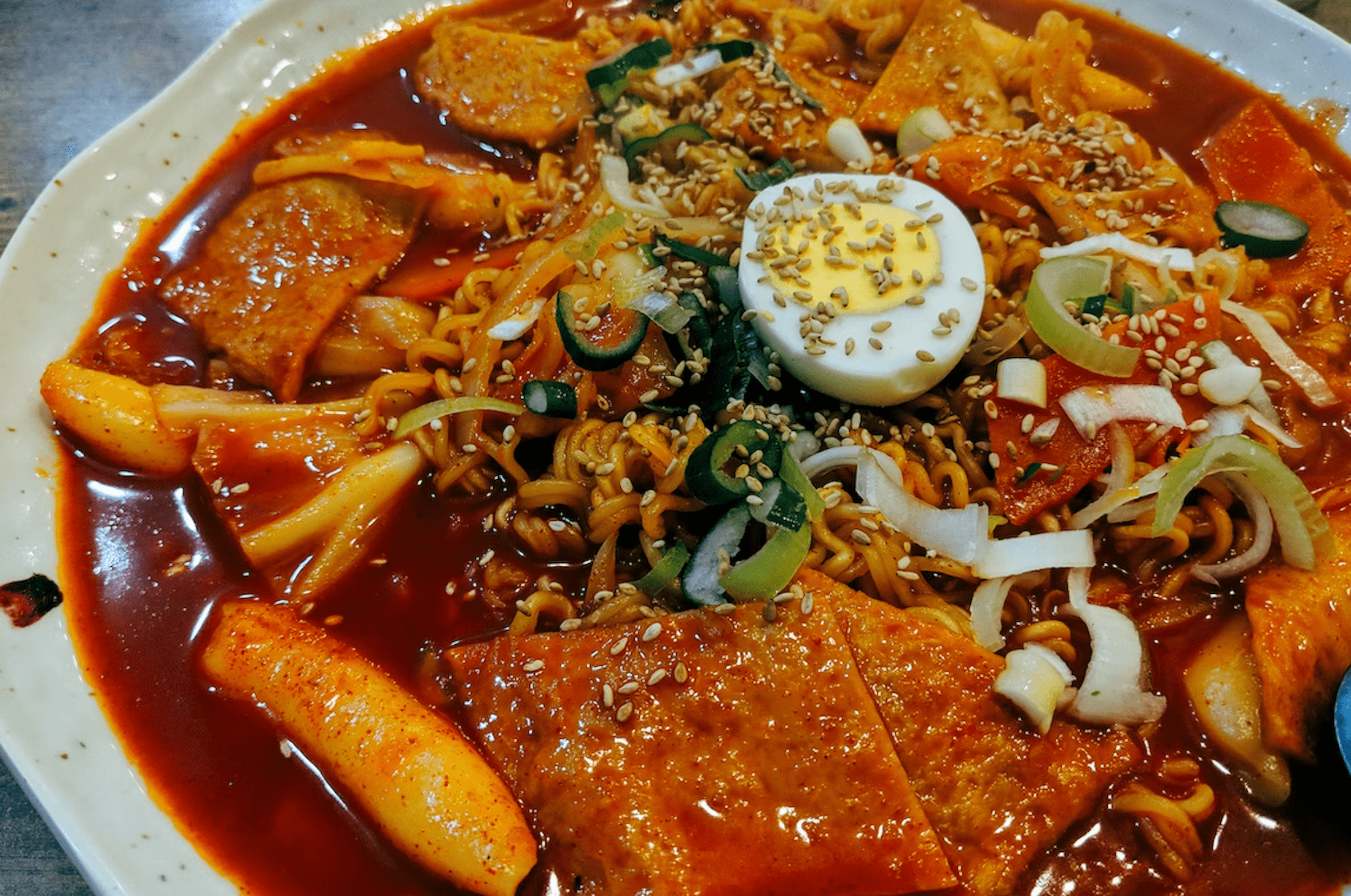Blog

Culinary
Places to Eat in Koreatown
Located between Downtown and Mid-City, Koreatown is all culture packed into a 3 square mile radius. It is one of the most densely populated and diverse neighborhoods in the city, with 68% of its population born abroad, mostly in Asia and Latin America. The neighborhood is stimulation overload dominated by an eclectic array of independently-owned restaurants and businesses.


